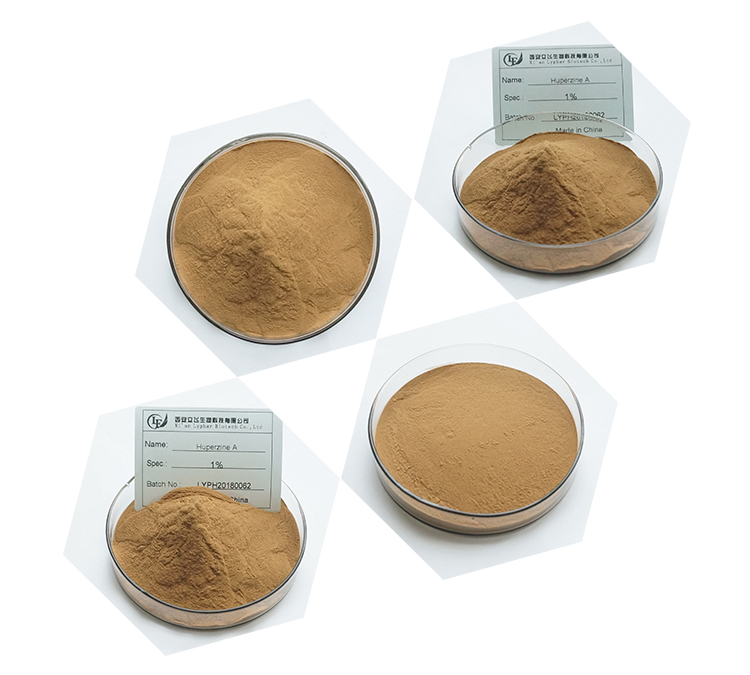Huperzine A is a compound derived from Chinese club moss (Huperzia serrata) that has gained attention for its potential cognitive benefits. Here are the pros and cons associated with Huperzine A:
Pros of Huperzine A:
- Cognitive Enhancement: Huperzine A is primarily known for its ability to enhance cognitive function. It works by inhibiting acetylcholinesterase, an enzyme that breaks down acetylcholine, a neurotransmitter crucial for memory and learning. By increasing acetylcholine levels, Huperzine A may improve cognitive functions like memory, concentration, and learning ability.
- Neuroprotective Properties: Some research suggests that Huperzine A may have neuroprotective effects. It may help protect nerve cells from damage and support overall brain health.

- Potential in Alzheimer’s Disease: Due to its ability to increase acetylcholine levels, Huperzine A has been studied as a potential treatment for Alzheimer’s disease and age-related cognitive decline. It may help alleviate symptoms such as memory loss and cognitive impairment.
- Mild Side Effects: Compared to some other cognitive enhancers, Huperzine A generally has mild side effects when taken at appropriate doses. Common side effects include nausea, diarrhea, and insomnia, but these are usually mild and transient.
Cons of Huperzine A:
- Dosage and Safety Concerns: Huperzine A is potent, and excessive doses can lead to adverse effects such as muscle twitching, cramping, and even respiratory paralysis. It’s important to use Huperzine A under medical supervision and follow recommended dosages.
- Interaction with Medications: Huperzine A may interact with medications that affect the nervous system or heart rate. It’s crucial to consult a healthcare professional before using Huperzine A if you are taking other medications.

- Long-term Effects: Long-term effects of Huperzine A are not well-studied, especially in healthy individuals. More research is needed to understand its safety profile with extended use.
- Availability and Regulation: Since Huperzine A is often sold as a dietary supplement rather than a medication, the quality and purity of products can vary. It’s essential to purchase from reputable sources to ensure safety and effectiveness.
In conclusion, while Huperzine A shows promise as a cognitive enhancer and potential therapy for conditions like Alzheimer’s disease, it also comes with risks and uncertainties, particularly regarding long-term use and interactions with other substances. Anyone considering Huperzine A for cognitive enhancement or therapeutic purposes should discuss its use with a healthcare provider to weigh the potential benefits and risks.
